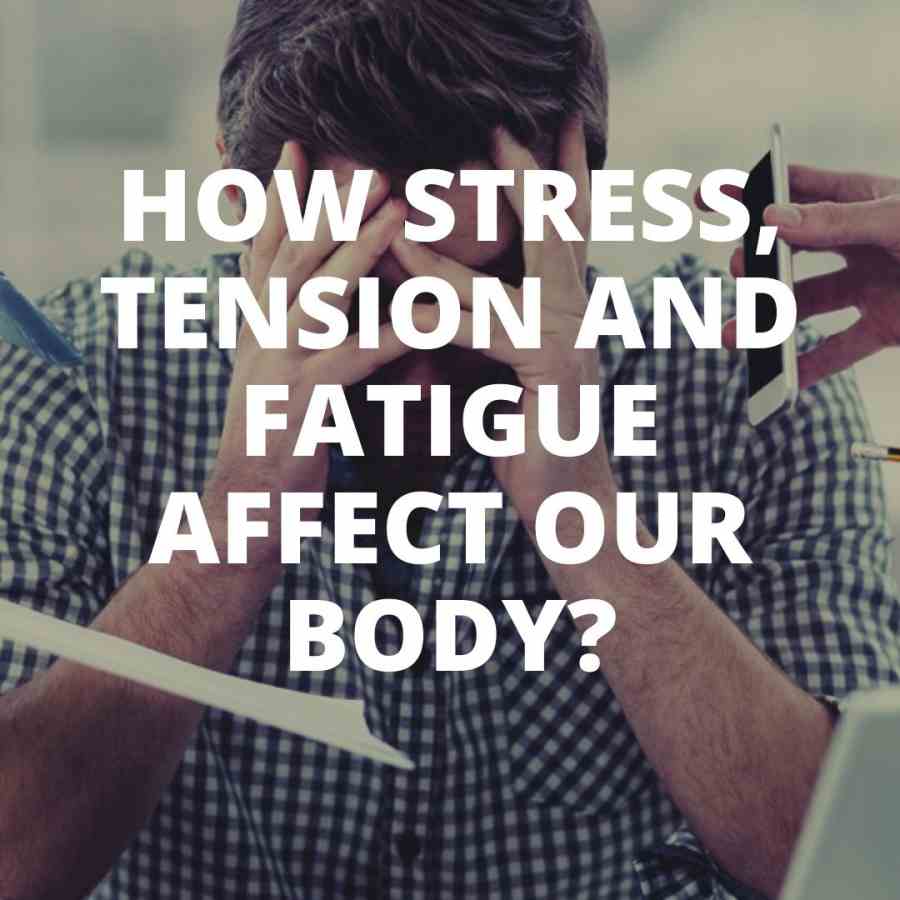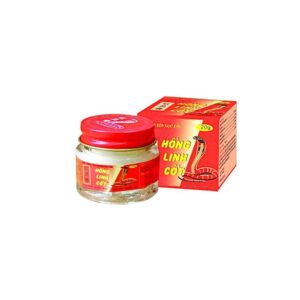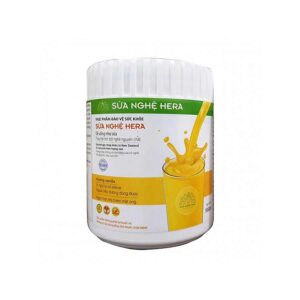The modern lifestyle can be very intense and quite exhausting.
Most of us are forced to find a balance between challenging work and responsibilities – family, community and general, as well as study and so on.
As a result, for many of us, stress, tension and fatigue become part of our daily lives.
These states, the source of which – in our soul – in sensations and emotions, have a far-reaching influence also on our physical condition and practically on all aspects of our life.
Conditions of stress and tension trigger a chain of physiological reactions that over time overload all body systems beyond what they can handle.
A person under stress may experience a variety of physiological symptoms such as nervousness and anxiety, rapid heart rate, difficulty sleeping, tight neck muscles, decreased sexual function, impaired concentration and memory, digestive system disorders, headaches, nausea. as well as chest pressure and pain.
What happens to our body during stress and tension?

When we are under stress, tension and exhaustion, the body’s response goes through three stages:
Anxiety is at the first stage as part of the evolutionary survival mechanism. The body experiences tension after noticing a threatening factor. At this stage, the nervous system releases adrenaline and norepinephrine.
Confrontation – at the second stage, the body tries to cope with the threatening factor by releasing stress hormones from the adrenal glands – glucocorticoids (cortisol) and mineralocorticoids (aldosterone).
The next stage occurs in states when stress becomes prolonged and chronic – exhaustion. At this stage, stress causes long-term harmful effects on various systems of the body.
With prolonged stress, a deficiency of adaptive energy occurs in the body, and an increased use of the supply of vitamins and minerals occurs. This depletion of stores and diminished function of the systems responsible for the body’s response to stress can lead to feelings of burnout and cumulative fatigue.
How does stress affect our health?
In addition to fatigue that interferes with daily activities, prolonged stress conditions can contribute to the development of many diseases, such as cardiovascular disease, nervous system problems, autoimmune diseases, cancer, asthma, menstrual irregularities, irritable bowel syndrome and bowel disease.
Long-term stress also harms the functioning of the body’s immune system, which makes us more susceptible to colds and various infections.
How to deal with stress?
The daily routines that demand our efforts do not always allow us to avoid stress and tension. At the same time, it is important to be able to notice them and deal with them correctly, and thus avoid some of the harm they can cause.
Physical activity – Regular physical activity such as running, swimming or exercising causes good physical and mental sensations and relieves accumulated stress. It also helps to neutralize the stress hormones catecholamines that affect heart rate, blood vessels and brain activity.
Relaxation – Relaxation techniques such as meditation and yoga give us the tools to calm the body and resist stress.
Eating the Right Way – Avoiding stimulating foods that contain caffeine, such as coffee, tea, and cola, is recommended to ease feelings of tension and stress.
It is advisable to avoid alcohol consumption, which, among other things, delays the absorption of B vitamins by the body, which are necessary in order to cope with stress.
Eat a diet that contains whole grains (flour, wheat, and rice) and is rich in vegetables and fruits.
Video: Yoga to heal stress 20 Min. Yoga Practice
Read more:
Vietnamese supplements helpful for arthritis treatment
The best natural sources of calcium












